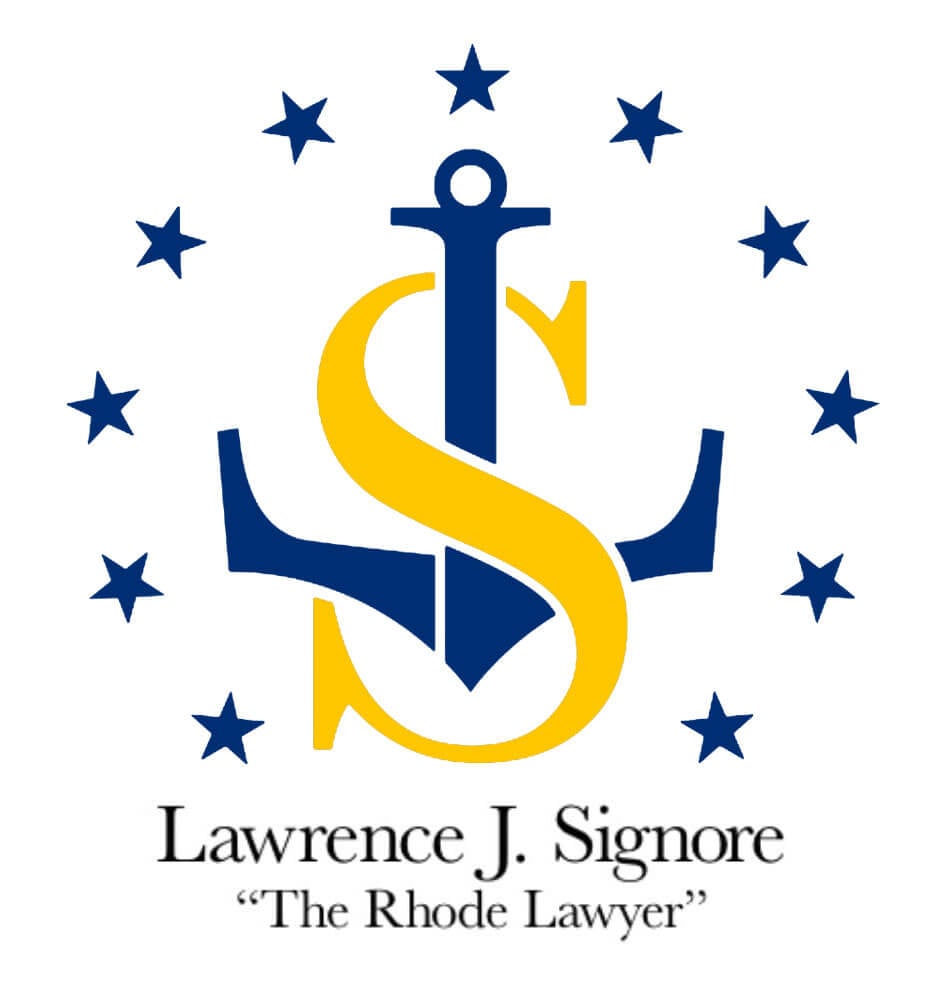The Occupational Safety and Health Administration requires employers to prepare for workplace medical emergencies. The specific rules regarding workplace first aid supplies varies by industry, but most employers in Rhode Island need supplies and trained first aid providers on site if the workplace is over four minutes of travel from a clinic or hospital.
Workplace cardiac arrests
One of the most serious health emergencies that can occur at work is a cardiac arrest. Overexertion, toxic exposure or extreme temperatures can cause your heart to stop or struggle to function. In such an event, your survival depends greatly upon a rapid response.
Co-workers trained to perform CPR can make a huge difference in the critical minutes before emergency medical technicians can arrive. Because tho every year, employers may choose to provide an immediate response with a device known as an automatic external defibrillator (AED). When used correctly, an AED can give people a 60% chance at survival.
Ongoing first aid training needed
Although an AED is designed for emergency use by nonmedical staff, you still need training to operate it. Employers that decide to add this life-saving equipment should coordinate with safety regulators and consult a physician when placing an AED in the workplace. Their workers’ compensation insurer may have guidance on how to improve first aid supplies at job sites.
The employer needs to sponsor regular training sessions with staff members entrusted with delivering first aid. Ideally, first aid and AED training should occur every six to 12 months. Constant refreshment of the information in the minds of people is needed due to infrequent use. By keeping the skills fresh in the minds of employees, an employer prepares them to respond to a rare event, like a cardiac arrest.
